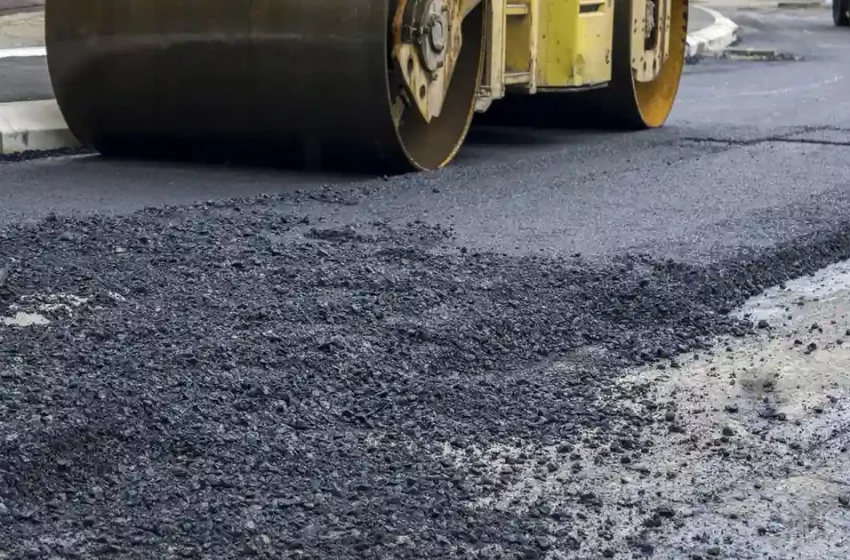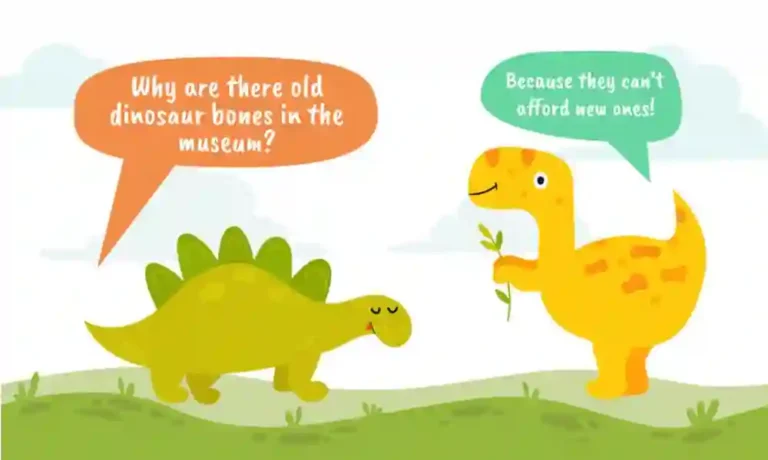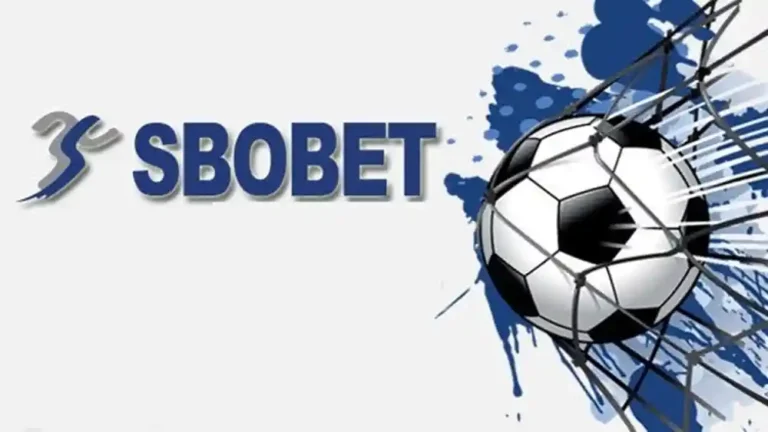Introduction
When it comes to roads, Tucson needs them. We have a population of over 1 million people and infrastructure is key to keeping us moving. Each day, cars and trucks drive on our streets, and we need to make sure they’re safe. One part of making our roads safe is asphalt grading, which is the process of preparing the surface for road use. Asphalt grading in Tucson is a big business, and it has a lot of impacts on the environment and community. In this blog post, we’ll explore some of the realities of asphalt grading in Tucson and how you can help make a difference.
What is Asphalt Grading?
tucson asphalt grading is a process that involves the determination of the quality and suitability of asphalt surfaces. Grading is performed on new or existing asphalt pavement to determine its quality. The three grades of asphalt are:
Type I : This grade is used for new asphalt pavement applications. It has a low surface roughness and excellent adhesion.
Type II : This grade is used for existing asphalt pavement that has been properly maintained. It has a medium surface roughness and good adhesion.
Type III : This grade is used for deteriorated, neglected, or heavily trafficked roads. It has a high surface roughness and poor adhesion.
Types of Asphalt Grading
There are a few types of asphalt grading that can be used in Tucson: Type I, Type II, and Type III.
Type I is the most common type of asphalt grading in Tucson. It is a light-textured asphalt that is used for basic road needs such as streets and parking areas.
Type II is a medium-textured asphalt that is used for more severe applications, such as major streets and highways.
Type III is the most granular type of asphalt grading and is used for high-traffic areas, such as near intersections and on edges of roads.
How Asphalt Grading Works
Asphalt grading is the process of creating a desired surface for a roadway or other infrastructure by creating graded layers of asphalt using a truck-mounted plant. Grading allows for the smooth and uniform placement of materials, which in turn reduces the potential for Potholes and contributes to a road’s long-term durability.
The process begins by removing any existing surface materials, such as rocks or soil. The asphalt grading machine then applies a series of horizontal drums to the ground that are filled with graded aggregate. As the drums rotate, they spread the aggregate over a wide area, forming a thin layer of asphalt on top.
Next, the machine uses a series of pistons to tamp down the asphalt until it is firmly attached to the underlying gravel and soil. Finally, water is sprayed onto the pavement to cool and harden it.
How to Grade Asphalt
In order to properly grade asphalt, a number of factors must be considered. The surface must be flat, smooth, and free from rocks or other obstructions. The thickness of the asphalt layer also needs to be correct in order to avoid cracking or buckling. Finally, the color and texture of the asphalt should match the surrounding area.
Some factors that can affect grading include climate, traffic load, and type of paving material. In extremely hot or cold climates, asphalt may not harden properly and could buckle or crack. Additionally, heavy traffic can cause the surface to become rougher and create obstacles for vehicles. Paving materials like concrete or brick may require a different type of grading than lighter surfaces like gravel or crushed stone.
Benefits of Asphalt Grading
Asphalt grading is a process of improving the surface quality of asphalt pavement using various techniques. The benefits of asphalt grading include:
- improved surface quality, which leads to increased safety and durability for the pavement
- lower maintenance costs
- enhanced appearance
Traffic safety is a major concern for many people, and one of the ways Tucson can improve that safety is by grading its roads in accordance with ASCE 7-10. Grading is a method of pavement treatment that can be used to improve the driving surface and reduce the severity of traffic accidents.
There are many benefits of asphalt grading:
1) It makes the road more user-friendly. When a road is well graded, it becomes much easier for drivers to navigate. This improved usability translates into fewer accidents, which in turn reduces congestion and pollution.
2) Grading also improves the overall appearance of a street. Ungraded roads can look bumpy and uneven, while well-graded streets look smoother and more uniform. This makes them more appealing to motorists and less likely to cause headaches or problems for pedestrians or bicyclists.
3) Grading can make it easier for vehicles to reach their destinations on time. By improving drainage, grading can also reduce the incidence of flooding during heavy rains. In addition, smooth surfaces enable vehicles to travel at higher speeds without becoming bogged down in mud or snow.
4) Grading can help protect public infrastructure such as bridges and
When is Asphalt Grading Used?
Asphalt grading is used to improve the quality of surface roads and parking lots. Grading is also used to determine the proper thickness of asphalt for a road or parking lot.
When asphalt grading is used, the surface of a road or other surface is graded in order to determine the quality of the pavement. This can be done by adding a layer of sand, gravel, or rocks to the topsoil and grading according to the thickness of the material. The different grades denote how smooth, level, and durable the surface will be.
Conclusion
Thank you for reading our blog post on Tucson’s asphalt grading. We hope that this article has given you some insights into what we do here at Grading Services and why you might want to consider working with us in the future. If you have any questions or would like to discuss a project specifically, please don’t hesitate to contact us. We look forward to hearing from you!
If you’re in the market for quality asphalt grading services, then you should definitely check out Tucson’s website. They offer a wide variety of services that are sure to meet your needs, and their team is experienced and knowledgeable about the industry. I would highly recommend them to anyone looking for quality asphalt grading in the Tucson area.












